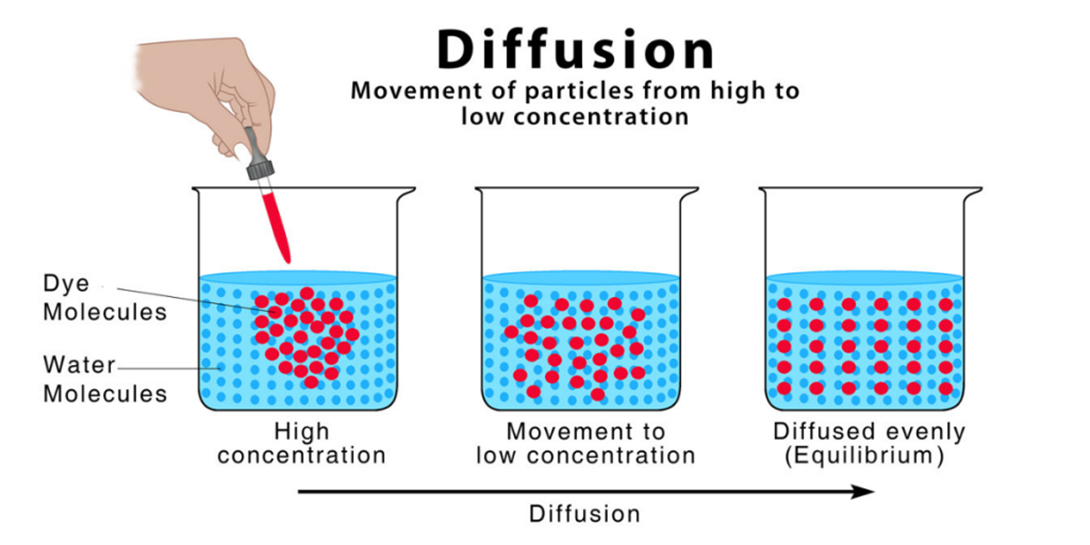The nurse caring for a frail 92-year-old dehydrated patient should add to the plan of care:
Potential for over-hydration related to excessive thirst
Potential for diarrhea related to dehydration
Potential for pulmonary congestion related to excessive fluid intake
Potential for fall related to confusion
The Correct Answer is D
Choice A reason: This is incorrect because over-hydration is unlikely in a dehydrated patient. Over-hydration is a condition where the body has too much water, which can cause hyponatremia, edema, and cerebral swelling.
Choice B reason: This is incorrect because diarrhea is a cause, not a consequence, of dehydration. Diarrhea is the frequent and watery passage of stool, which can lead to fluid and electrolyte loss.
Choice C reason: This is incorrect because pulmonary congestion is also unlikely in a dehydrated patient. Pulmonary congestion is a condition where the lungs are filled with fluid, which can cause dyspnea, cough, and crackles.
Choice D reason: This is correct because fall is a potential complication of dehydration. Dehydration can cause confusion, dizziness, weakness, and hypotension, which can increase the risk of falling and injuring oneself.
Nursing Test Bank
Naxlex Comprehensive Predictor Exams
Related Questions
Correct Answer is {"dropdown-group-1":"A"}
Explanation
Choice A reason: Diffusion is the process by which small ions such as glucose, oxygen, and carbon dioxide redistribute themselves through semipermeable membranes from areas of higher concentration to areas of lower concentration. This is how these molecules move across the cell membrane and the capillary wall.
Choice B reason: Osmosis is the process by which water moves through semipermeable membranes from areas of lower solute concentration to areas of higher solute concentration. This is how water balance is maintained across the cell membrane and the capillary wall.
Choice C reason: Blood pressure is the force exerted by the blood on the walls of the blood vessels. It is not a process by which small ions redistribute themselves through semipermeable membranes, but rather a factor that influences the movement of fluids and solutes across the capillary wall.
Choice D reason: Rehydration is the process of restoring the fluid balance in the body by drinking fluids or receiving intravenous fluids. It is not a process by which small ions redistribute themselves through semipermeable membranes, but rather a treatment for dehydration.

Correct Answer is A
Explanation
Choice A reason: This is correct because 3.5 to 5.0 mEq/L is the normal range of serum potassium level in adults. Potassium is an electrolyte that is important for nerve and muscle function, as well as acid-base balance.
Choice B reason: This is incorrect because 8.5 to 10.5 mg/dL is the normal range of serum calcium level in adults, not potassium. Calcium is an electrolyte that is involved in bone health, muscle contraction, and blood clotting.
Choice C reason: This is incorrect because 135 to 145 mEq/L is the normal range of serum sodium level in adults, not potassium. Sodium is an electrolyte that is essential for fluid balance, nerve transmission, and muscle contraction.
Choice D reason: This is incorrect because 1.8 to 2.6 mEq/L is the normal range of serum magnesium level in adults, not potassium. Magnesium is an electrolyte that is important for muscle and nerve function, as well as enzyme activity.
Whether you are a student looking to ace your exams or a practicing nurse seeking to enhance your expertise , our nursing education contents will empower you with the confidence and competence to make a difference in the lives of patients and become a respected leader in the healthcare field.
Visit Naxlex, invest in your future and unlock endless possibilities with our unparalleled nursing education contents today
Report Wrong Answer on the Current Question
Do you disagree with the answer? If yes, what is your expected answer? Explain.
Kindly be descriptive with the issue you are facing.
